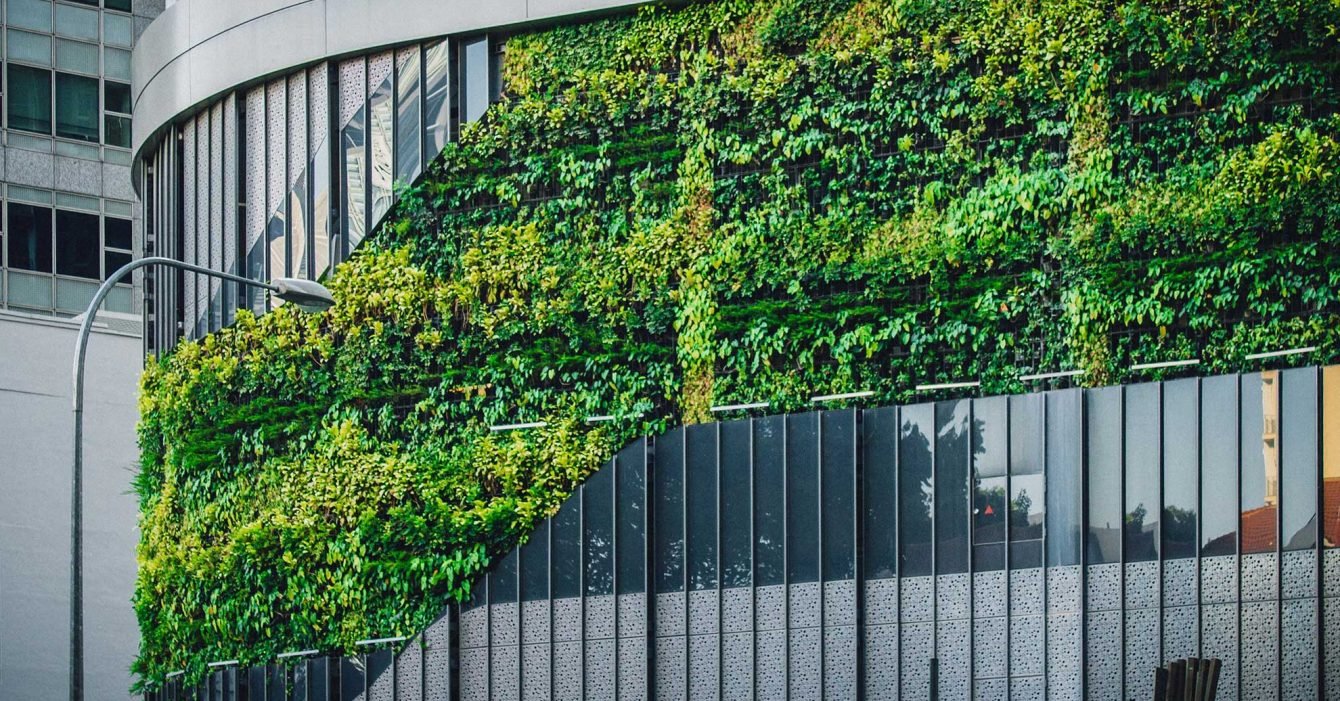Sustainable construction practices have gained significant prominence worldwide, driven by the need to address environmental concerns, reduce energy consumption, and promote eco-friendly building designs. Saudi Arabia, in its pursuit of Vision 2030 and its sustainability goals, has embraced the concept of green building certification. In this article, we explore the rise of green building certification in Saudi Arabia, its significance, and its transformative impact on the construction industry.
The Global Shift Towards Sustainability:
The global construction industry is increasingly recognizing the importance of sustainability. Green building practices encompass a range of environmentally responsible measures, including energy-efficient designs, eco-friendly materials, water conservation, and waste reduction. These practices not only reduce the environmental footprint but also offer long-term cost savings and improved occupant well-being.
Vision 2030 and Sustainability:
Saudi Arabia’s Vision 2030 outlines a comprehensive plan for the nation’s transformation. Sustainability is a core pillar of this vision, emphasizing the need to adopt environmentally responsible practices across all sectors, including construction. Achieving sustainability goals necessitates a fundamental shift in how buildings are designed, constructed, and operated.
The Role of Green Building Certification:
Green building certification programs have emerged as essential tools in advancing sustainable construction in Saudi Arabia. These certification systems assess and verify that a building or project meets specific sustainability criteria. They serve several key functions:
- Benchmarking: Green building certifications provide a standardized benchmark for sustainability. Projects are evaluated against established criteria, ensuring consistency in sustainability practices.
- Market Differentiation: Certified green buildings are recognized for their environmental responsibility. This recognition enhances market competitiveness and appeals to environmentally conscious stakeholders.
- Energy Efficiency: Green building certifications prioritize energy-efficient designs, reducing operational costs and carbon emissions.
- Resource Conservation: Sustainable materials, water-efficient fixtures, and waste reduction measures are integral to green building practices.
Prominent Green Building Certifications in Saudi Arabia:
Several green building certification programs have gained traction in Saudi Arabia:
- LEED (Leadership in Energy and Environmental Design): LEED is an internationally recognized green building certification system. It assesses projects based on categories such as energy efficiency, indoor environmental quality, and sustainable site development.
- Estidama: Estidama, which means “sustainability” in Arabic, is the sustainability initiative of the United Arab Emirates (UAE). It emphasizes sustainable urban development and eco-friendly building practices.
Impact on the Construction Industry:
The adoption of green building certification has a transformative impact on the construction industry in Saudi Arabia:
- Market Demand: The market demand for certified green buildings is growing as sustainability becomes a priority for investors, developers, and occupants.
- Innovation: Green building practices drive innovation in construction techniques, materials, and technologies.
- Cost Savings: Energy-efficient designs and resource conservation measures lead to long-term cost savings for building owners and operators.
- Sustainability Goals: Green building certification aligns with Vision 2030’s sustainability objectives, ensuring that the construction industry plays a pivotal role in achieving these goals.
Challenges and Future Outlook:
While green building certification offers numerous benefits, challenges include increased initial costs, the need for specialized expertise, and awareness gaps among stakeholders. However, the future outlook for green building certification in Saudi Arabia is promising. As sustainability becomes ingrained in the construction industry’s DNA, the nation is poised to benefit from enhanced environmental responsibility, cost-effective operations, and a more competitive real estate market.
Conclusion:
The rise of green building certification in Saudi Arabia is a testament to the nation’s commitment to sustainability and its alignment with Vision 2030’s goals. As more construction projects embrace these eco-friendly practices, the industry will not only contribute to a greener future but also enjoy the economic benefits of sustainable construction. Green building certification is not merely a trend but a fundamental shift that will shape the future of construction in Saudi Arabia, fostering a more sustainable and environmentally responsible built environment.



